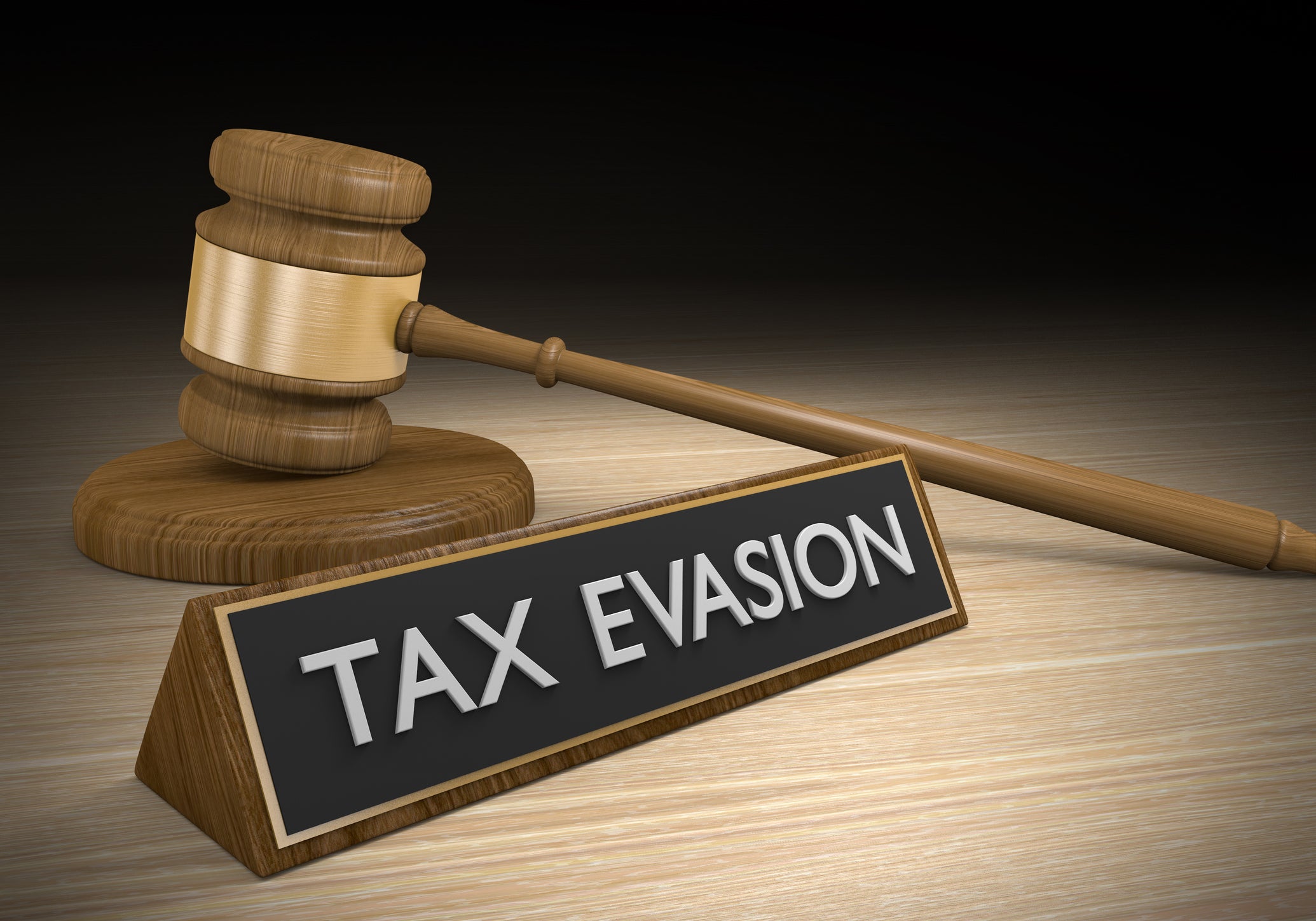
The IRS and the Joint Chiefs of Global Tax Enforcement met in Sydney, Australia to discuss the international effort to fight global tax evasion and transnational tax crimes. Optima Tax Relief reviews the efficacy and public benefits of the initiatives set forth during the summit.
Although most taxpayers aren’t intimately familiar with the effect international tax crime has on the U.S. economy, it is estimated that the annual amount of unpaid taxes is approximately equal to three-quarters of the U.S. budget deficit. The IRS, in its ongoing attempt to fight global tax evasion, has met with Joint Chiefs of Global Tax Enforcement partners (J5) to review strategies for combatting tax crimes across the globe.
Members of the J5 include the Australian Taxation Office (ATO), the Canadian Revenue Agency (CRA), the Dutch Fiscal Information and Investigation Service (FIOD), UK’s Her Majesty’s Revenue and Customs (HMRC), and the Internal Revenue Service (IRS) Criminal Investigations. The J5 acts as a united coalition against tax crimes, and is better positioned to develop and execute effective investigative global strategies and solutions than each agency would be acting alone. Together, the J5 deployed an action against a financial institution with international reach, conducting a widespread investigation and coordinating evidence-gathering and issuance of subpoenas and warrants. This cooperative effort facilitates swift and effective prosecution against tax evaders operating on an international scale.
Tax crimes encompass a broad category of tax evasion strategies. These include money laundering, tax avoidance, and the use of tax shelters. In the U.S., tax evasion – both criminal and non-criminal – accounts for the tax gap, which is the difference between taxes owed and taxes paid. The IRS 2019 projected gross tax gap is more than $440 billion; this encompasses the 2011-2013 tax years.
Diminishing the tax gap is one of the strategic goals of IRS participation in the joint action against transnational tax crimes. By strengthening oversight over the tax gap and pursuing tax obligation compliance, the IRS is empowered with the necessary tools to increase revenue without intensifying the burden of taxpayers who are compliant.
Please visit the J5 page to learn more about the Joint Chiefs of Global Tax Enforcement.
Sponsored content
 2018 ·
2018 ·